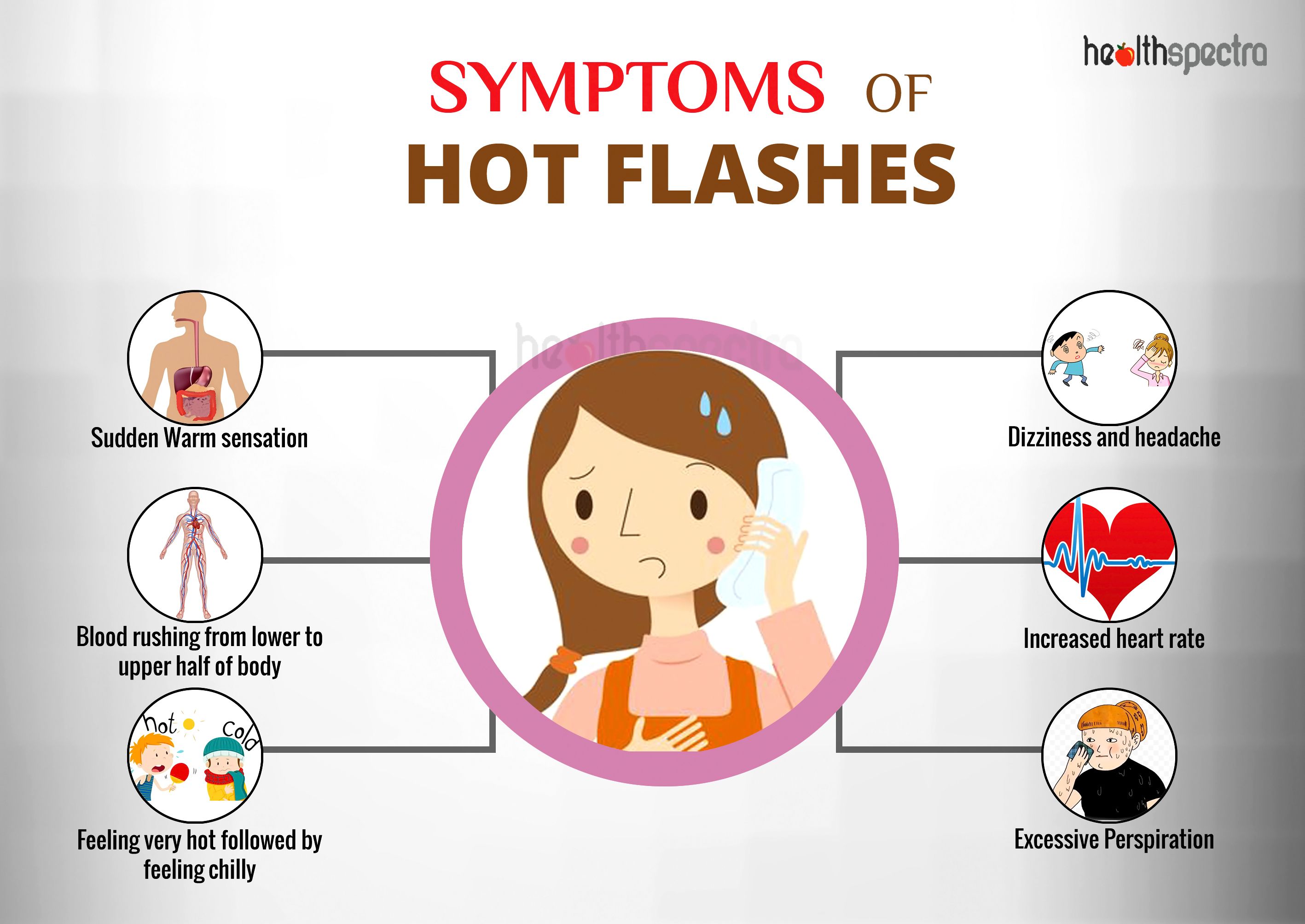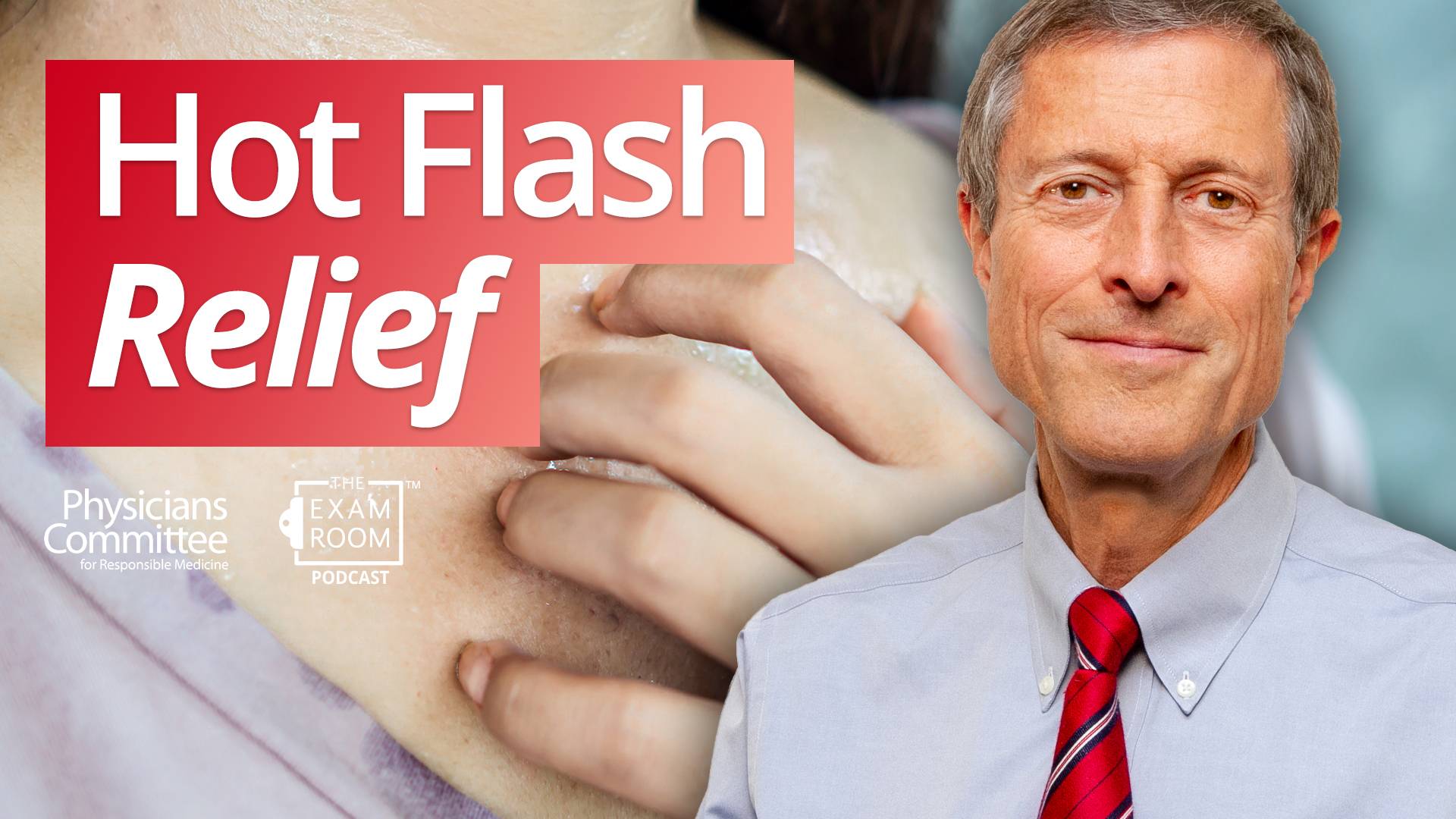Over the counter hot flash relief – Over-the-counter hot flash relief offers a range of options to alleviate the discomfort associated with hot flashes, a common symptom of menopause. Understanding the causes, prevalence, and physiological mechanisms of hot flashes is crucial for selecting the most effective treatment.
This guide provides a comprehensive overview of over-the-counter hot flash relief options, including their active ingredients, mechanisms of action, efficacy, and safety profiles. It also discusses considerations for choosing the right option, potential side effects and interactions, and alternative therapies for hot flash relief.
Over-the-Counter Hot Flash Relief
Hot Flashes: An Overview
Hot flashes are a common symptom experienced by many individuals, particularly during the transition into menopause. These sudden sensations of intense heat can be accompanied by sweating, flushing, and a rapid heartbeat. They can occur multiple times a day or even several times an hour, causing significant discomfort and disruption to daily life.
Prevalence and Impact
Hot flashes are a prevalent issue, affecting up to 85% of individuals undergoing menopause. The frequency and severity of these episodes can vary greatly, with some experiencing only mild discomfort while others may find them debilitating. Hot flashes can disrupt sleep, affect mood, and impair concentration, leading to reduced quality of life.
Physiological Mechanisms
Hot flashes are primarily caused by fluctuations in hormone levels, particularly estrogen. As estrogen levels decline during menopause, the body’s ability to regulate body temperature is compromised. This can lead to sudden vasodilation, causing a rush of blood to the skin’s surface and resulting in the characteristic symptoms of a hot flash.
Common Over-the-Counter Hot Flash Relief Options

Over-the-counter medications can provide effective relief from hot flashes, a common symptom of menopause. These medications work by reducing the frequency and severity of hot flashes.There are several different types of over-the-counter hot flash relief medications available, each with its own active ingredients and mechanism of action.
Some of the most common types of over-the-counter hot flash relief medications include:
- Anticholinergics: Anticholinergics, such as oxybutynin and tolterodine, work by blocking the action of acetylcholine, a neurotransmitter that is involved in the regulation of body temperature. By blocking the action of acetylcholine, anticholinergics can help to reduce the frequency and severity of hot flashes.
- Estrogen agonists: Estrogen agonists, such as conjugated estrogens and estradiol, work by mimicking the effects of estrogen, a hormone that is produced by the ovaries. Estrogen can help to reduce the frequency and severity of hot flashes by regulating body temperature and reducing the production of sweat.
- Selective serotonin reuptake inhibitors (SSRIs): SSRIs, such as paroxetine and fluoxetine, are antidepressants that are sometimes used to treat hot flashes. SSRIs work by increasing the levels of serotonin, a neurotransmitter that is involved in the regulation of mood and body temperature. By increasing the levels of serotonin, SSRIs can help to reduce the frequency and severity of hot flashes.
- Herbal remedies: Several herbal remedies, such as black cohosh, red clover, and dong quai, are marketed as natural remedies for hot flashes. However, there is limited scientific evidence to support the effectiveness of these herbal remedies for hot flashes.
The efficacy and safety profiles of different over-the-counter hot flash relief medications vary. Some medications may be more effective than others, and some medications may have more side effects than others. It is important to talk to your doctor about the different over-the-counter hot flash relief medications available and to choose a medication that is right for you.
Considerations for Choosing Over-the-Counter Hot Flash Relief

When selecting an over-the-counter hot flash relief option, it’s crucial to consider several factors to ensure safety and effectiveness.
Consult Healthcare Professionals
Before using any medications, it’s essential to consult with a healthcare professional. They can provide personalized guidance based on your medical history, current medications, and potential drug interactions.
Lifestyle Modifications, Over the counter hot flash relief
In addition to over-the-counter options, lifestyle modifications can also help manage hot flashes. These include:
- Maintaining a healthy weight
- Regular exercise
- Reducing stress
- Avoiding triggers like caffeine and alcohol
Potential Side Effects and Interactions of Over-the-Counter Hot Flash Relief: Over The Counter Hot Flash Relief

Over-the-counter hot flash relief medications can be effective in reducing symptoms, but they may also cause side effects or interact with other medications. It’s important to be aware of these potential issues before taking any over-the-counter hot flash relief medication.
Common Side Effects
- Nausea
- Vomiting
- Headache
- Dizziness
- Constipation
- Diarrhea
- Skin rash
- Itching
Potential Interactions
Over-the-counter hot flash relief medications can interact with other medications, including:
- Blood thinners
- Antidepressants
- Anti-anxiety medications
- Hormone replacement therapy
It’s important to tell your doctor about all the medications you are taking before starting any over-the-counter hot flash relief medication.
Minimizing Risks
There are a few things you can do to minimize the risk of side effects and interactions from over-the-counter hot flash relief medications:
- Start with the lowest dose possible and increase it gradually as needed.
- Take the medication with food to reduce stomach upset.
- Avoid taking the medication with alcohol or caffeine.
- Tell your doctor about all the medications you are taking, including over-the-counter medications, vitamins, and supplements.
Alternative Therapies for Hot Flash Relief

Alternative therapies may offer additional options for managing hot flashes, alongside over-the-counter medications. These approaches can include acupuncture, herbal remedies, and mind-body techniques.
Acupuncture
Acupuncture involves inserting thin needles into specific points on the body. Research suggests that acupuncture may reduce hot flash frequency and severity by regulating hormone levels and improving blood flow.
Herbal Remedies
Certain herbal remedies have been used traditionally to alleviate hot flashes. Examples include black cohosh, evening primrose oil, and red clover. However, it’s important to note that these supplements may interact with other medications or have potential side effects, so consultation with a healthcare professional is recommended before use.
Mind-Body Techniques
Mind-body techniques such as yoga, meditation, and deep breathing exercises can help reduce stress and anxiety, which may contribute to hot flashes. These practices may also promote relaxation and improve sleep quality, further alleviating hot flash symptoms.
Summary
Managing hot flashes can significantly improve quality of life during menopause. By understanding the available options, consulting with healthcare professionals, and exploring alternative therapies, individuals can find effective relief from this common symptom.
Commonly Asked Questions
What are the most common over-the-counter medications for hot flashes?
Common over-the-counter medications for hot flashes include ibuprofen, acetaminophen, and aspirin.
What are the potential side effects of over-the-counter hot flash relief medications?
Potential side effects of over-the-counter hot flash relief medications include stomach upset, nausea, and headache.
Can alternative therapies provide relief from hot flashes?
Yes, alternative therapies such as acupuncture, herbal remedies, and mind-body techniques may provide relief from hot flashes.